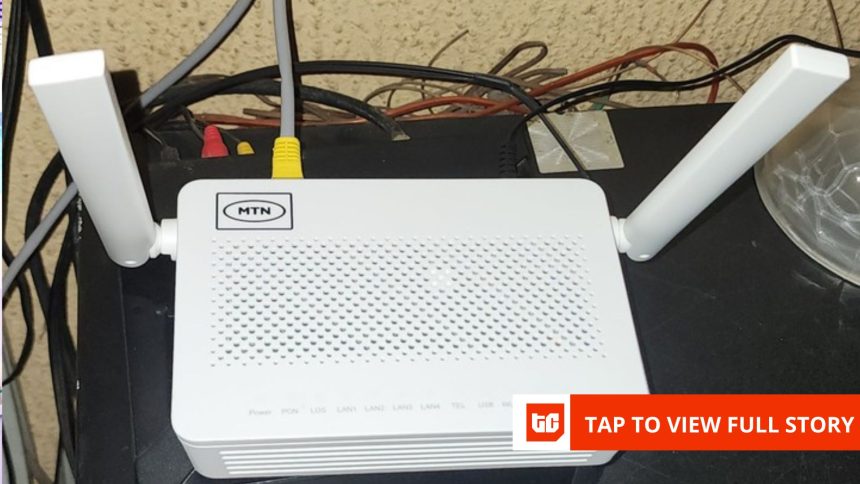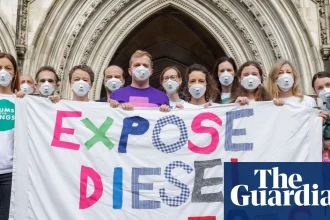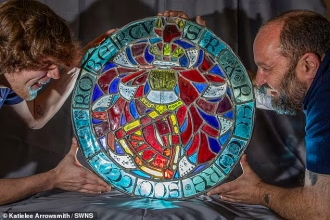MTN Nigeria plans to connect over 8 million homes to its FibreX broadband network by 2028, a sharp jump from its current 50,000 users, as the telco pushes to expand digital access and strengthen Nigeria’s internet backbone.
Egerton Idehen, MTN Nigeria’s Chief Broadband Officer, said the initiative aligns with MTN’s long-term goal of delivering high-speed, low-latency fibre to homes, small businesses, and public institutions nationwide.
“Our goal is clear — between 2026 and 2028, we want FibreX to reach over 8 million homes across Nigeria,” Idehen said during a media parley on Thursday. “When we talk about homes, we mean clusters — families, small businesses, and communities. This is about empowering people to connect and thrive in the digital economy.”
Launched in April 2025, FibreX is a rebrand and expansion of MTN’s earlier fibre broadband service. It aligns with the National Broadband Plan (NBP), which targets 70% broadband penetration by 2025 and aims to expand Nigeria’s total fibre network from 35,000 km to 125,000 km.
MTN’s strategy focuses on building fibre-to-the-home (FTTH) and fibre-to-the-business (FTTB) networks that deliver ultra-fast, unlimited internet to urban and semi-urban areas. According to Idehen, the rollout will enhance digital lifestyles for remote workers, students, and gamers, while supporting MSMEs and digital startups that depend on reliable connectivity.
“We’re building a broadband experience for everyday life — for content creators, remote workers, and students alike,” Idehen said. “Our focus is on reliability, low latency, and affordability. Fibre provides unlimited data and consistent speed, removing the daily frustration of data depletion.”
He added that MTN’s investment supports the National Digital Economy Policy and Strategy (NDEPS) and the Ministry of Communications, Innovation, and Digital Economy’s fibre rollout targets. “Every kilometre of fibre we deploy strengthens Nigeria’s economic resilience and competitiveness,” he said.
To accelerate deployment, MTN is partnering with infrastructure companies (Infracos), state governments, and local contractors to improve last-mile connectivity, the crucial link that brings broadband directly to homes and offices.
“Partnerships are key,” he explained. “We’re working closely with Infracos, public-private stakeholders, and community associations to ensure faster rollout. MTN is a local content company, we’re building with local knowledge, for local realities.”
However, Idehen acknowledged that affordability and infrastructure protection remain major challenges. Fibre vandalism, inconsistent right-of-way policies, and community resistance continue slowing rollout efforts across several states.
To manage costs, MTN plans to prioritise deployment in high-demand clusters such as estates and residential communities. “It’s more cost-effective to connect 10 or 20 homes at once than one at a time,” Idehen explained. “That’s why we work with homeowners’ associations to drive collective adoption.”
Mark your calendars! Moonshot by TechCabal is back in Lagos on October 15–16! Meet and learn from Africa’s top founders, creatives & tech leaders for 2 days of keynotes, mixers & future-forward ideas. Get your tickets now: moonshot.techcabal.com


















